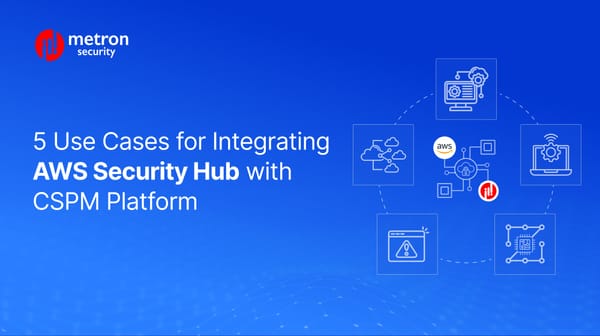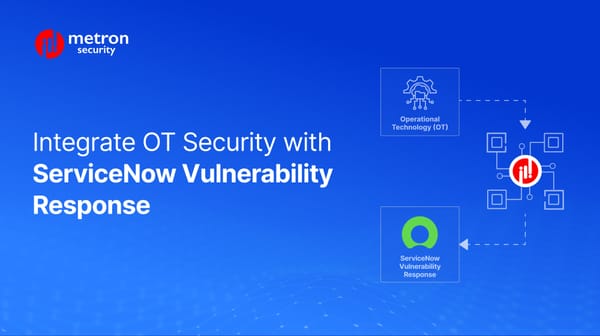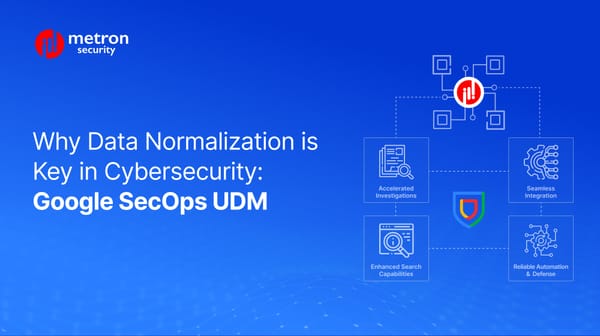3 Use Cases for SOAR's Automation Capabilities For Your Enterprise
While there are countless use cases, here are three security use cases where SOAR tools can react faster than manual intervention and empower your SOC teams to better manage threats.
Alexander Nachaj

Being able to respond to incidents on the fly, in real-time, and before the threats impact your operations, is one way in which SOAR's automation capabilities can benefit your enterprise. As such, SOAR tools are in an ideal position to clamp down on common, repetitive security threats that would otherwise take hours of time to manually review.
While there are countless use cases, here are three security use cases where SOAR tools can react faster than manual intervention and empower your SOC teams to better manage threats.
1. Containing Phishing Threats
There are untold millions of phishing emails sent out from corrupted systems every day. The sheer volume of them hitting a single organisation typically puts investigating every possible message outside their range of available resources.
Rather than involving human guesswork or gut feelings in the process, your SOAR tools can apply a standard logic that speeds up your response time, automatically quarantining suspicious emails. In fact, your containment and alert process can equally be automated, notifying the right operators when the situation is called for, or automatically assessing and handling email threats when they arise.
2. Containing Malware Threats
Malware can often enter into a system through a suspicious email, but their entry points aren't limited to people's inboxes. Dangerous files can find other ways of entering your systems, whether through code injection or even by hijacking application vulnerabilities. In cases with no obvious entry point, detecting malware might only occur after it acts.
As time-consuming as malware hunting is for your operators, SOAR tools can automatically act independently of human intervention. The moment malware is detected on the endpoint, your tools can be unleashed to check where the infections are located, the extent of the damage, as well as initiate a containment process to prevent it from spreading across the network.
3. Blocking Suspicious IP Addresses or User Accounts
Login screens and user accounts are often other vulnerable avenues where cyber threats seek to gain entry and can be hard to manage manually.
Notably, brute force attacks on your system often come from many different IPs and can take up valuable time to track, log, and then block. Worse, due to the rapid-fire nature of such attacks, operators often are only able to react after an attack has begun and increased in severity. Automation tools can therefore react sooner than your human operators, moving to quickly block IP addresses at the source of any such attack.
Similarly for user accounts - once compromised, it can be hard for a human operator to respond to potential threats until it is too late. Fortunately, your SOAR tools can move quickly to eject users from the system and block them from re-entering when a select set of parameters is breached.
Considering expanding into SOAR integrations, upgrading existing cybersecurity operations, or designing custom playbooks? Metron is a development partner with leading SOAR platforms and has extensive experience in the automation field. If you are considering any custom cybersecurity solution that focuses on the resources and needs of your organisation, please send a note to connect@metronlabs.com.









